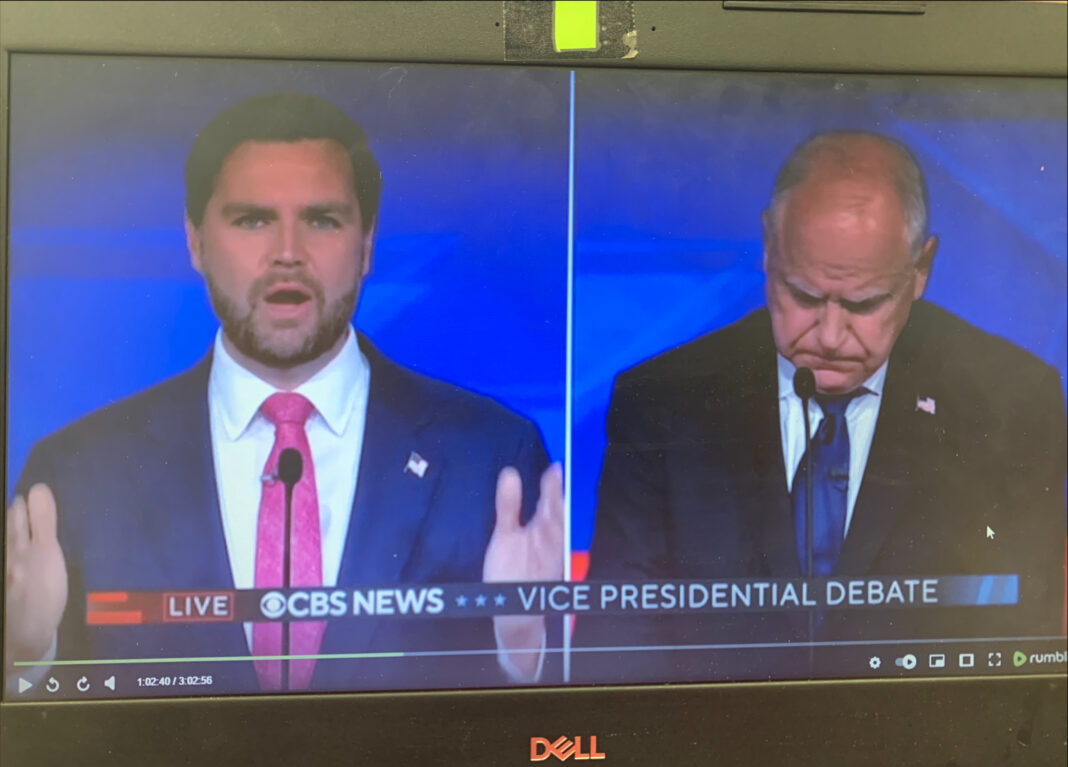Email communication between professors and students is a vital part of the college experience. It is the primary method for asking questions, submitting assignments, and clarifying misunderstandings.
However, there is a growing sense that while professors hold students to a high standard of professionalism in their emails, they do not always meet those same expectations when replying.
This disparity creates frustration and unfairness for students who, despite adhering to the guidelines they are given, sometimes feel as though they are being ignored or dismissed.
Professors often set clear expectations for how students should communicate with them via email.
They expect emails to be polite, to the point, and free from informal language or slang.
Junior Kaileigh Dougherty emphasizes that a professional tone is crucial, saying, “The most important aspect of a professional email when communicating with professors is to come off personable and not rude. If you are rude, they are less inclined to help you.”
She also adds that eliminating unnecessary “fluff” helps keep the message clear and ensures a smoother interaction with professors.
But what happens when those expectations are not reciprocated? All too often, students receive one-word responses, vague acknowledgments, or no response at all.
This is especially frustrating when students take the time to craft detailed, respectful emails only to receive a curt reply like “OK” or “Got it.” Not only does this feel dismissive, but it also leaves the student questioning whether their message was fully understood or addressed.
The issue goes beyond brevity. Timeliness is another major concern.
Many professors emphasize the importance of students being prompt in their communication, expecting replies within 24 to 48 hours.
Yet, students frequently find themselves waiting much longer for a professor’s response, which can hinder their ability to meet deadlines or seek help when needed.
As Dougherty pointed out, professors who are thorough and prompt in their emails are appreciated because, for many students, “Internet communication can get really confusing if they aren’t clear,” says Dougherty.
In some cases, the email etiquette problem extends into the classroom.
It can be upsetting when a professor, instead of replying to an email in private, announces in class, “I got your email.” Not only is this unprofessional, but it also undermines the confidentiality that email is supposed to offer.
Professors should respond to the email directly, suggesting that a face-to-face conversation could happen after class or during office hours if needed.
Bringing up emails in a public setting can make students feel uncomfortable, or worse, like their concerns are being brushed aside.
This double standard in email communication can create a power imbalance.
Students are expected to maintain a high level of respect and formality, while professors, in some cases do not feel the same obligation to return that professionalism.
If professors expect students to follow certain rules, they must hold themselves to those same standards.
“Professors should take the first day of class to also go over email expectations for the class along with the syllabus. By showing the students how they want to be respectful over email, I believe the relationships between professors and students will be stronger,” suggests Dougherty.
Establishing clear expectations for email communication on both sides from the beginning of the semester would lead to better understanding and respect.
It would also help alleviate misunderstandings and improve the overall student-professor relationship.
Father Phillip Lowe, a professor who teaches school administration how to communicate, shared his views on the matter, stating that he follows a 24-hour response timeframe for emails unless an immediate response is necessary for an urgent issue.
Fr. Lowe expects the same from students, “I prefer a formal tone and proper format for all writing except if the response is a simple and quick response to an easy inquiry.”
On maintaining professionalism in email communication, Fr. Lowe advised, “I recommend to all professionals that their written communication be formal in language and format, to the point, factually accurate, and prompt.”






